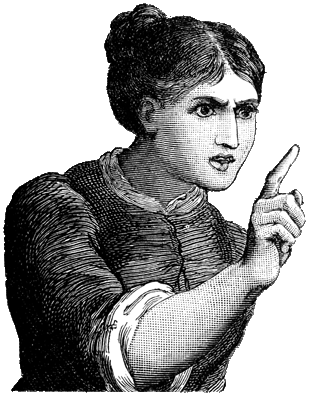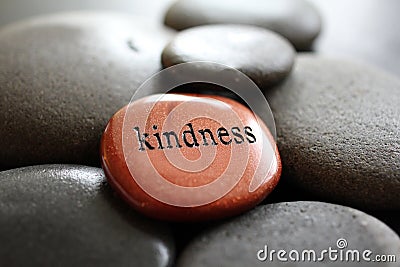On Shrove Tuesday 1522 an entertainment in the form of a pageant was held at York
Place for Henry VIII and other notables.
The pageant’s focus was the court’s
idealized and highly stylized version of romantic love.
 |
| Yes, yes! THIS. Except not for real; it was courtly love, not actual love, silly. |
Eight chosen ladies were dressed in
white satin, with the name of the virtue they represented embroidered in gold
thread (and no doubt, thick gold thread so that the audience could
easily read it.)
The King’s sister, Mary Tudor played Beauty – easily the
‘best’ of the eight virtues, because after all, who doesn’t want to play
‘Beauty?’ – proving that blood is thicker than a mistresses’ (Mary Boleyn) charms.
Mary Boleyn came in a solid second, though, with the Kindness role; the
complete list read: Beauty, Honor, Perseverance, Kindness, Constancy, Bounty,
Mercy, and Pity.
Let’s face it, Bounty just sounds like a bosomy
milkmaid.
 |
| All your Vitamin D needs in two places. . . |
Constancy? A girl who’ll be rocking a chastity belt FOREVER.

Mercy - like someone too busy praying to be fun.
Pity?
Ditto, and Honor?
No one’s
having any fun of any kind whatsoever while Honour’s around.
 |
| That's not honourable!!! |
No, Kindness was correct for Mary Boleyn, as
the word’s connotation in the sixteenth century was of ‘loving; affectionate.’
Also, ‘natural, well-disposed.’
 |
"That's me!" said Mary Boleyn. |
By all accounts, the King and Mary Boleyn had a
jolly, uncomplicated affair which some say resulted in her bearing one, maybe
two, little royal bastards.
 |
That’s a matter open for debate; there’s evidence
that yes, her children Henry and Catherine were conceived within a time frame
that very roughly covers a period when Mary Boleyn was the King’s mistress.
During a lull in the action, their families expected the mistress to have the sense God gave a goat - and to drop a sweet word in the ear of the freshly-laid king regarding the advancement of her family.
 |
| ". . . and a palace, and a pony, and a really great-paying job for my dad. . . ." |
Mary Boleyn, deep on Kindness and shallow on Street Smarts, forgot that last bit.
There's educated speculation that Mary
Boleyn was chastised by her father, her uncle, her mother, for not having
enough sense to ask the King outright for royal favors of the sort that filled
the coffers of the Boleyn family; things like land, houses, appointments to
lucrative royal jobs.
Tudor-era families played hardball with their fellow family members.
Either
you carried your weight and contributed to the greater good, or you
found yourself jettisoned like any other useless cargo.

Ouch.
Once Mary Boleyn was finished being the King’s
mistress, and the Boleyn family star plummeted so spectacularly in 1536, Mary kept a very,
very low profile.
Not so stupid after all, it seems.
Perhaps not an
acquisitive, social-climbing Court insider, but at the end of her life, Mary
Boleyn died in her bed, not on a scaffold on the Tower Green.
I’d say she was
stupid like a fox.
 |
| "I am SO out of here!" |
And then there’s this final thought: it is
interesting to note that Anne Boleyn, while being courted by the King, wrote a
note to him describing herself toward him as being “loving and kind.”
Makes me
wonder if, just a little tiny smidgen of sibling rivalry caused her to choose
that particular word.
Sure, it rhymed with what she’d written the line before,
but who knows a sister better than a sister?
And who knows beyond all doubt how
to play up her own qualities
 |
| I know you, inside and out. I know how you serve, I know your topspin trick, and I know how to compete with you. |
to outshine any memory of that sister in the mind
of the King?

No comments:
Post a Comment